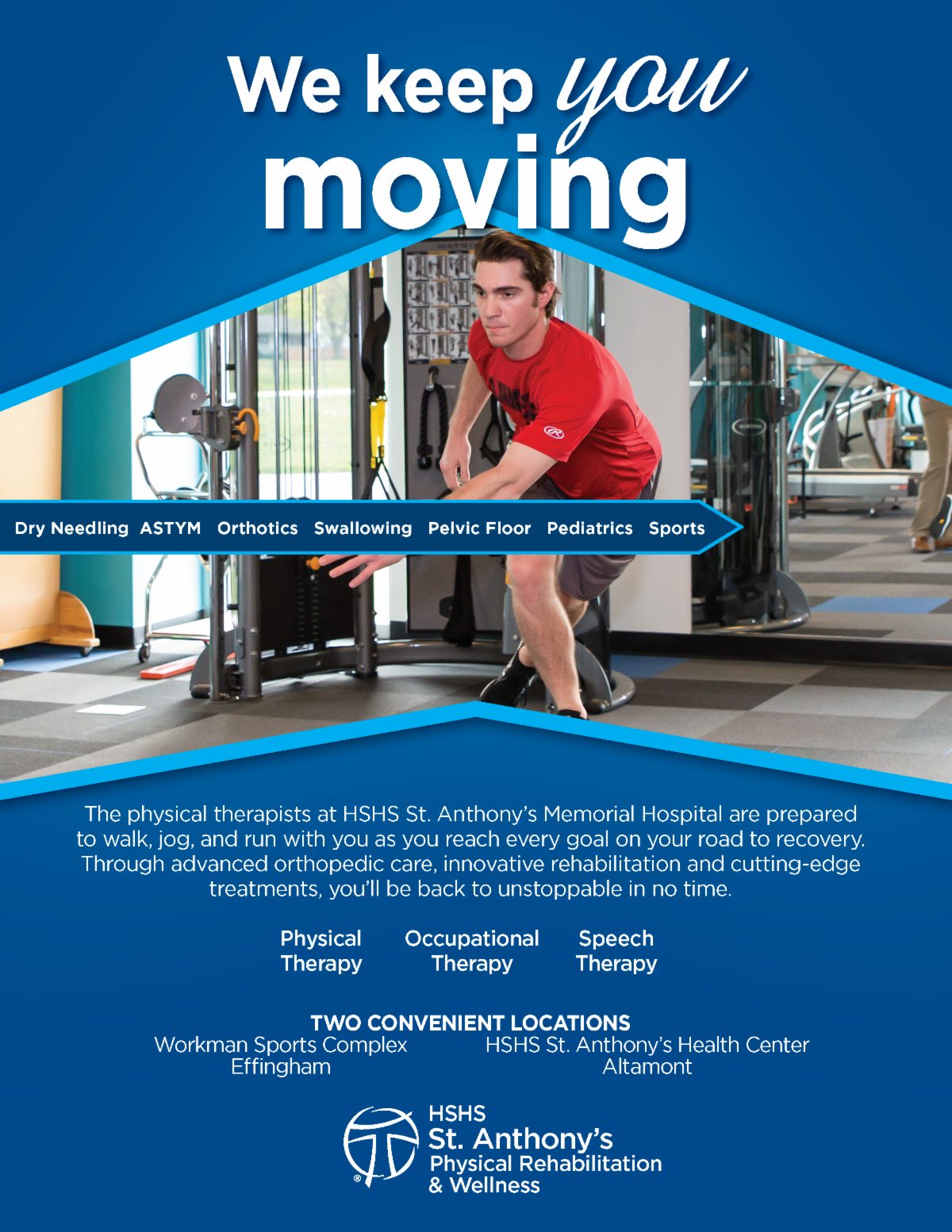As the community and the country at large tries to achieve herd immunity with the COVID-19 vaccine, there are many area residents who are resistant to receiving the vaccine due to its novelty and question its efficacy.
Sarah Bush Lincoln Fayette County Hospital Emergency Department Medical Director Glenn Skow, MD, MPH, FAAFP explained that medical experts and scientists overwhelmingly agree that receiving the COVID-19 vaccine is much safer for people than contracting the disease itself. As such, the vast majority of physicians at Fayette County Hospital have received the vaccine and recommend to their patients that they do the same. COVID-19 has dealt a devastating blow to people’s health, regardless of age, race, gender, or background. The virus is random – testing, social distancing, and masks can help reduce infections, but vaccines drastically prevent hospitalizations that over-whelmed hospitals. Hundreds of people continue to die from COVID-19 in the United States every day.
SBLFCH has hosted numerous COVID-19 vaccine clinics for the community since January. Dr. Skow said “We continue to have people that have concerns about the vaccine. People with COVID-19 are still coming to SBLFCH with serious complications from infection. People are still dying from this disease. We want to keep our residents safe and address those who are still ‘on the fence’ about receiving the COVID-19 vaccine.”
Which vaccine should I get?
Ultimately, people should get the first vaccine that is available to them. All of the vaccines strongly protect people from hospitalizations and death, which is our ultimate goal. For instance, the only patients I have seen in the emergency room and in the hospital have been those that are not vaccinated. There is a caution though with the Johnson and Johnson vaccine in women under the age of 50 for extremely rare blood clots. However, the mortality rate in Fayette County (1.7 percent) shows that there is a six million percent greater risk of dying from COVID than from these clots. The Pfizer and Moderna vaccines, on the other hand, have not had any clot risk associated with it, making it a reasonable alternative for women under 50 who would prefer not to receive the Johnson and Johnson vaccine.
What happens if I only get the first dose of Moderna or Pfizer?
You are leaving yourself at a disadvantage if you do not get the second dose. Protection against COVID is incomplete and may not last as long if you only get the first dose of Moderna or Pfizer. It’s like shutting a door without locking it.
Should I get the vaccine even if I have contracted COVID-19 previously?
Even if you contracted COVID-19 previously, there is a 700 percent greater risk of getting COVID-19 again than you are to get COVID-19 after vaccination. Vaccines have been shown to provide greater antibody response and better, longer-lasting protection.
Why can a person experience side effects from receiving the vaccine?
The vaccine triggers a person’s own immune response. The body recognizes something foreign has entered it and creates antibodies to protect against it. This positive immune response is an indicator that the vaccine is working. It is important to note that your body has an antibody response with a COVID-19 infection as well.
Is COVID-19 still affecting Fayette County residents?
Yes, we continue to see people with serious complications from COVID-19. In the past few months, it is predominantly the unvaccinated that we are seeing in the hospital with serious complications from COVID-19. In Fayette County, nearly each week this past month we have seen a 150 to 200 percent increase in cases.
Is the vaccine safe for women who are pregnant, breast-feeding, or in a child-bearing age?
Absolutely. A study done at Brigham and Women’s Hospital showed that the vaccine is not only safe in pregnant women, but like any other vaccine, that protection is passed along to their child.
The COVID-19 vaccine has emergency use approval from the FDA. Should I still get it?
Absolutely. The FDA is the agency that provides that emergency use and is the same agency that would provide the full approval. Most vaccines and other medical treatments that have emergency FDA approval are later fully approved by the FDA. The COVID-19 vaccine has been rigorously tested with over 300 million doses already given in the United Sates. Fayette County, however, remains one of the lowest vaccinated counties in Illinois, which is likely why our COVID cases are increasing each week, compared to other counties that are decreasing.
Where can I get the vaccine?
The Fayette County Public Health Department hosts a two-hour clinic every week. People can register online at https://covidvaccination.dph.illinois.gov/, or by calling 618-283-1044. Walk-ins are accepted. Many drug stores such as Walmart, CVS, or Cain’s also offer the COVID-19 vaccine. To find local places where the COVID-19 vaccine is being offered, visit https://www.vaccines.gov/search/.
How can I know for sure if should I get the vaccine?
If you still have questions about whether the COVID-19 vaccine is right for you, ask your primary care provider. The vaccine is free to all Americans.
Article from Sarah Bush Lincoln Fayette County Hospital

